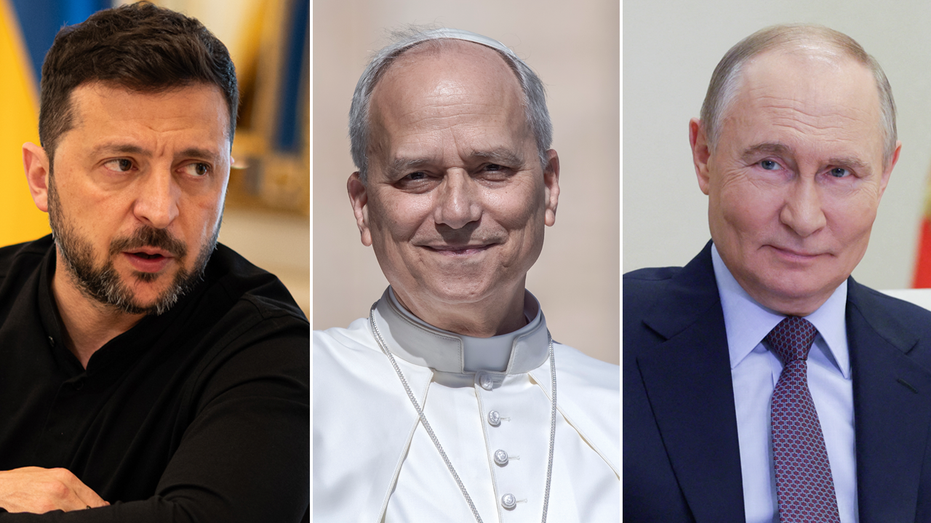Pope Francis Urges Peace in Ukraine During Diplomatic Call with Vladimir Putin
Pope Leo and Putin discuss Ukraine conflict amid rising tensions over recent attacks.

Pope Leo XIV has made a significant diplomatic move by directly appealing for peace in Ukraine during his first-ever conversation with Russian President Vladimir Putin. The unprecedented call, which took place on Wednesday, came just weeks after Pope Leo XIV assumed the papacy, immediately signaling the Vatican's intent to play a more active role in efforts to end the ongoing war. According to statements released by the Vatican, the pope underscored the “importance of dialogue” between parties, although it remains unclear whether he explicitly encouraged Putin to initiate direct talks with Ukrainian President Volodymyr Zelenskyy—an overture the Kremlin has thus far rebuffed.
During their discussion, both leaders reportedly addressed a range of humanitarian concerns, including the urgent need for prisoner exchanges and humanitarian aid. However, in what has now become a familiar stance, Putin blamed Kyiv for escalating the conflict. He cited recent attacks targeting civilian infrastructure inside Russia, including a high-profile strike on the Kerch Bridge, which connects Crimea—territory annexed by Moscow in 2014—to mainland Russia. This incident follows a series of Ukrainian operations, including a large-scale drone assault that destroyed several Russian military aircraft. The Kremlin claims such actions threaten the prospect of meaningful peace negotiations, suggesting Ukraine is unwilling to de-escalate hostilities.
The Kerch Bridge attack represents the latest escalation in a conflict characterized by frequent strikes and counter-strikes. Ukrainian officials have cited these operations as necessary responses to ongoing Russian aggression, which includes near-daily drone and missile barrages on Ukrainian cities. In response to the latest bridge incident, Putin is reported to have expressed renewed skepticism over the value of potential peace negotiations, even as international observers note that Russia itself has been repeatedly accused of undermining ceasefire attempts and bombarding civilian areas.
The conversation also touched on the sensitive issue of religious freedoms in Ukraine, particularly concerning members of the Ukrainian Orthodox Church linked to Moscow. The Kremlin urged the Vatican to advocate on behalf of the church’s clergy, some of whom face criminal investigations in Ukraine over alleged pro-Russian sympathies. Meanwhile, Ukrainian authorities have countered with accusations that Moscow is responsible for the destruction of hundreds of churches and the deaths of dozens of clergy members in occupied territories since the invasion began.
This latest exchange between Pope Leo XIV and Vladimir Putin highlights the complexity and gravity of the ongoing conflict, as well as the potential—albeit limited—role the Vatican may play in mediation efforts. For now, hopes for a breakthrough remain elusive as both sides accuse each other of intensifying the conflict and failing to commit to genuine peace talks.




